Hi there, pet lovers! 🦜
Cockatoos are among the most charismatic and demanding parrots in the avian world. Known for their striking crests, playful personalities, and deep emotional intelligence, these birds form intense bonds with their owners—but they also require an extraordinary level of commitment.
Before diving into ownership, it’s crucial to understand that cockatoos are not casual pets. They are highly social, long-lived, and emotionally complex creatures that thrive on interaction. Many people fall in love with their charm but underestimate the lifelong responsibility they entail. This review will cover everything you need to know, from their temperament to care requirements, so you can make an informed decision.
Overview
Cockatoos are large, intelligent parrots native to Australia, Indonesia, and surrounding regions. They are famous for their bold personalities, affectionate nature, and loud vocalizations. Here’s a quick summary of what makes them unique:
- Handling and Temperament: Extremely social and affectionate but prone to behavioral issues if neglected.
- Care and Maintenance: High-maintenance, requiring constant mental stimulation and social interaction.
- Health and Durability: Long-lived (40-70+ years) but sensitive to environmental and emotional stress.
- Availability: Commonly found in rescues due to rehoming; captive-bred options exist.
- Cost: Expensive upfront and long-term due to specialized care needs.
- Overall: A rewarding but demanding pet only suited for dedicated, experienced owners.
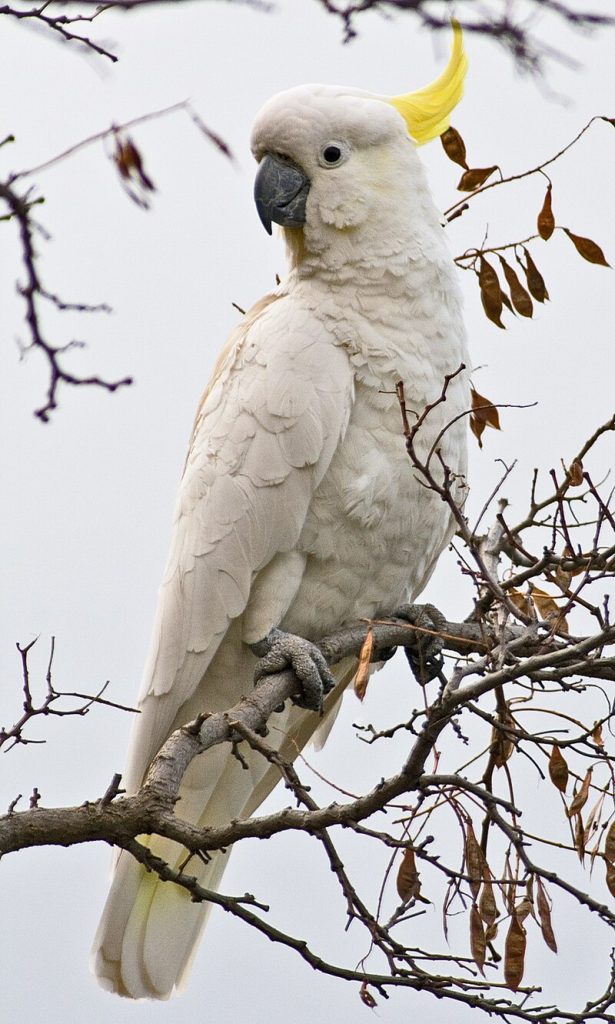
Why Choose a Cockatoo?
Cockatoos are not for everyone, but for the right person, they can be deeply fulfilling companions. Here’s what makes them stand out:
- Highly Affectionate: They form strong bonds and love physical interaction, often cuddling and preening their owners.
- Intelligent & Playful: Their problem-solving skills and clownish antics provide endless entertainment.
- Long-Lived: With proper care, they can outlive their owners, making them a lifetime commitment.
- Vocal & Expressive: They communicate through screams, whistles, and mimicry, adding liveliness to a home.
However, their need for attention is extreme. Without proper care, they can develop destructive behaviors, self-mutilation, and severe anxiety.
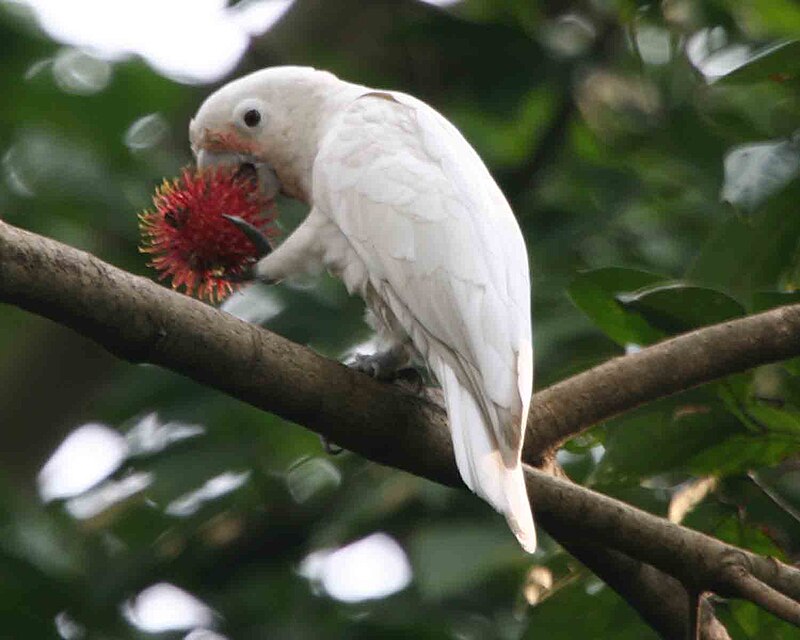
Handling and Temperament
Cockatoos are emotionally complex birds with distinct personalities. Some are gentle and cuddly, while others are bold and mischievous.
Personality Variations
- Velcro Birds: Many cockatoos demand constant attention and become distressed when left alone.
- Mood Swings: They can be sweet one moment and throw tantrums the next if their needs aren’t met.
- One-Person Birds: Some bond intensely with a single owner and may become aggressive toward others.
Handling Tips
- Build Trust Slowly: Cockatoos remember negative experiences and may hold grudges.
- Watch for Biting: Their beaks are powerful—proper training reduces but doesn’t eliminate bites.
- Respect Their Moods: Forced interaction can lead to aggression.
Behavioral Challenges
- Screaming: They vocalize loudly, especially when bored or seeking attention.
- Destructiveness: Untrained cockatoos may chew furniture, walls, or even their own feathers.
- Separation Anxiety: They cannot be left alone for long periods without distress.
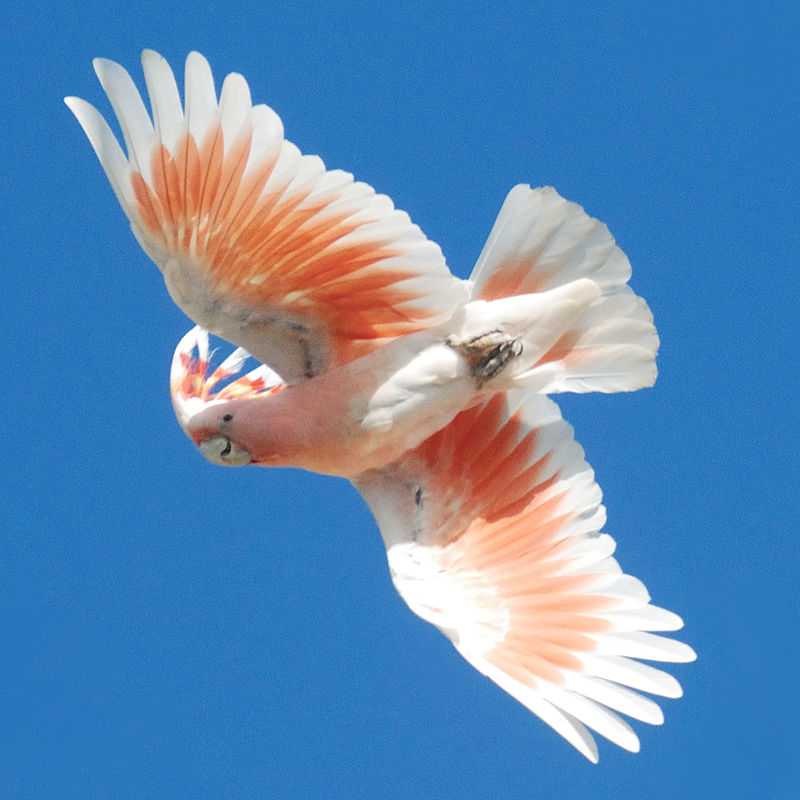
Care and Maintenance
Cockatoos are high-maintenance pets, requiring specialized care to thrive.
Enclosure Setup
- Size: A large cage (minimum 3’ x 4’ x 5’) is necessary, but they need daily out-of-cage time.
- Toys & Enrichment: Rotate destructible toys (wood, ropes, foraging puzzles) to prevent boredom.
- Perches: Natural wood branches of varying thickness help maintain foot health.
Diet & Nutrition
- Staple Diet: High-quality pelleted food (e.g., Harrison’s, Roudybush) should make up 70% of their diet.
- Fresh Foods: Daily servings of vegetables, fruits, nuts, and legumes (avoid avocado, chocolate, caffeine).
- Protein: Occasional cooked eggs or lean meat for extra nutrition.
Environment & Safety
- Humidity & Temperature: Stable room temperature (65-80°F) with moderate humidity.
- Toxins to Avoid:
- Non-stick cookware (Teflon fumes are deadly).
- Aerosols, candles, smoke.
- Lead, zinc (found in some toys/jewelry).
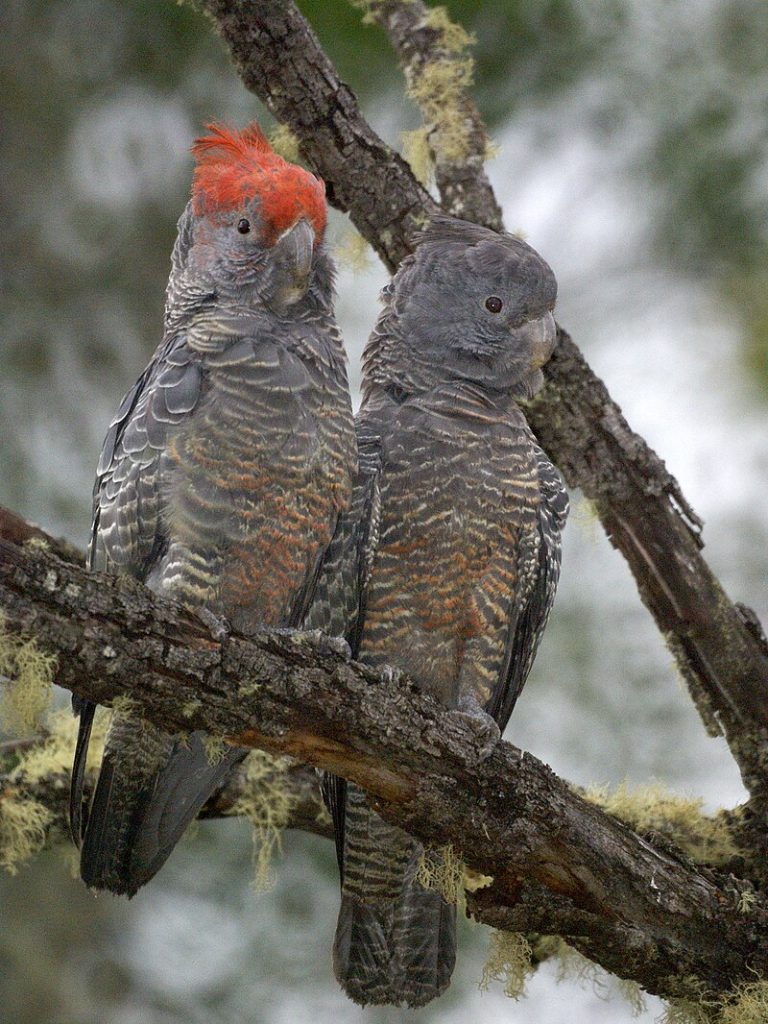
Health and Durability
Cockatoos are long-lived but prone to health issues if neglected.
Common Health Problems
- Feather Plucking: Caused by stress, boredom, or illness.
- Psittacine Beak & Feather Disease (PBFD): A deadly viral infection.
- Respiratory Issues: Due to poor air quality or drafts.
Preventative Care
- Annual Vet Checkups: Avian specialists are a must.
- Mental Stimulation: Prevent boredom-related disorders.
- Clean Environment: Regularly disinfect cages to prevent bacterial/fungal infections.
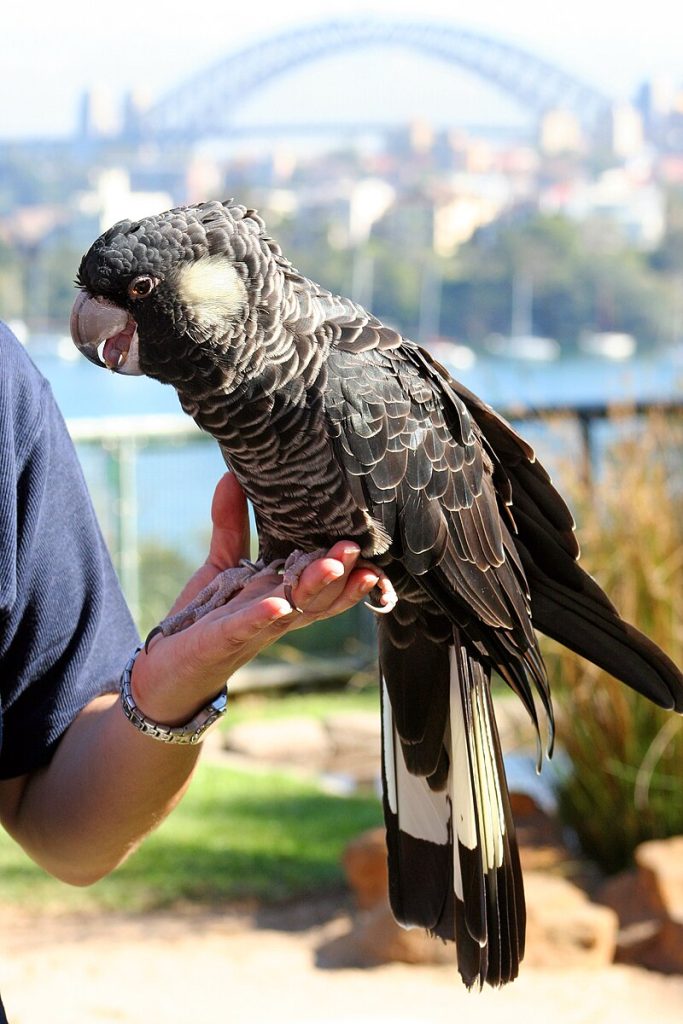
Availability and Cost
Where to Get a Cockatoo
- Rescues: Many cockatoos are surrendered due to their demanding nature—adoption is a great option.
- Reputable Breeders: Ensure they practice ethical breeding and socialization.
- Pet Stores: Not recommended—many source from mills or lack proper care knowledge.
Cost Breakdown
- Initial Purchase: $1,000–$3,000+ (depending on species).
- Enclosure & Setup: $500–$2,000.
- Monthly Costs: $100–$300 (food, toys, vet savings).
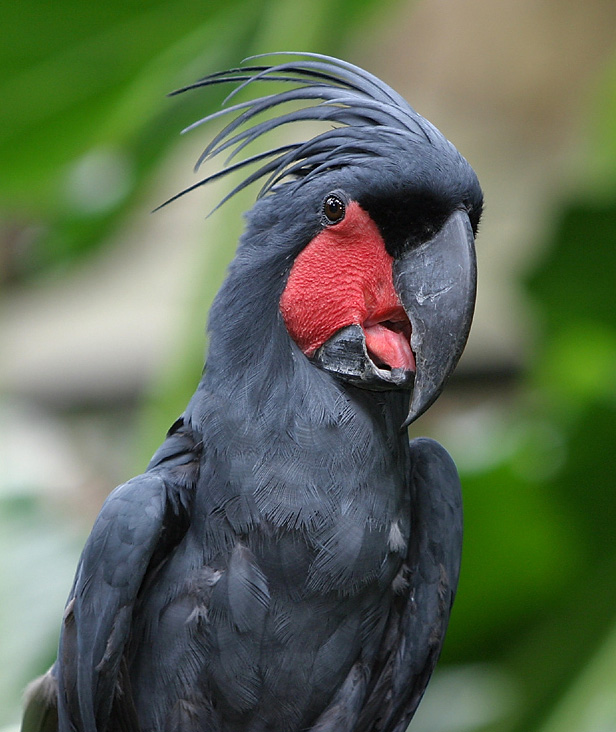
Pros and Cons
Pros
✔ Extremely affectionate & social.
✔ Highly intelligent & trainable.
✔ Long lifespan (40+ years with proper care).
✔ Entertaining and interactive.
Cons
✖ Demands near-constant attention.
✖ Extremely loud (not apartment-friendly).
✖ Prone to behavioral issues if neglected.
✖ Expensive and long-term commitment.
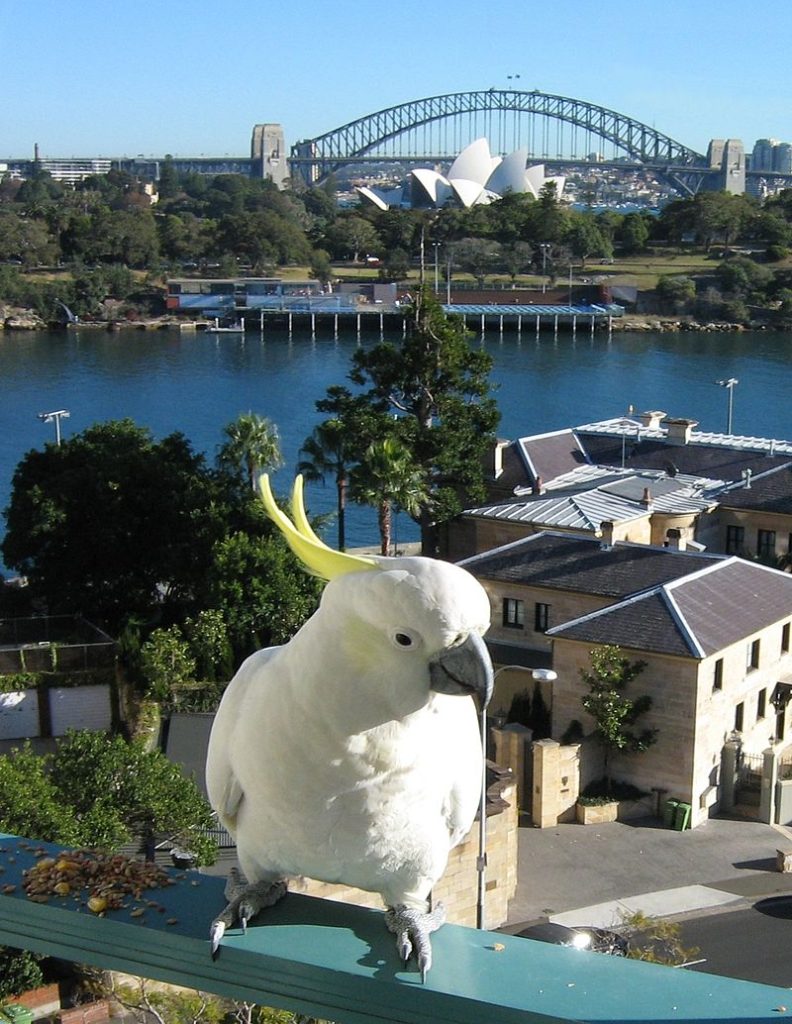
Final Thoughts
Cockatoos are magnificent but demanding pets. They thrive in homes where they are the center of attention and receive daily interaction, mental stimulation, and proper care.
They are not for:
- First-time bird owners.
- Busy individuals who can’t dedicate hours daily.
- Those sensitive to noise.
If you’re prepared for a decades-long commitment, a cockatoo can be an incredibly rewarding companion. However, if the demands seem overwhelming, consider smaller, less intense parrots like budgies, cockatiels, or conures.
Have experience with cockatoos? Share your stories below! For more bird care guides, stay tuned to our blog. 🦜

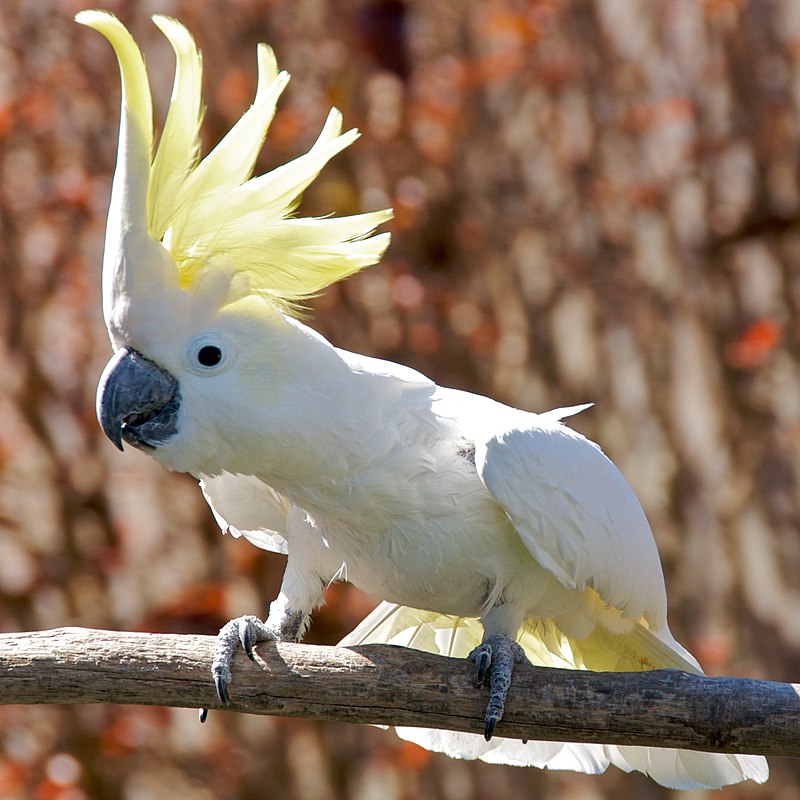

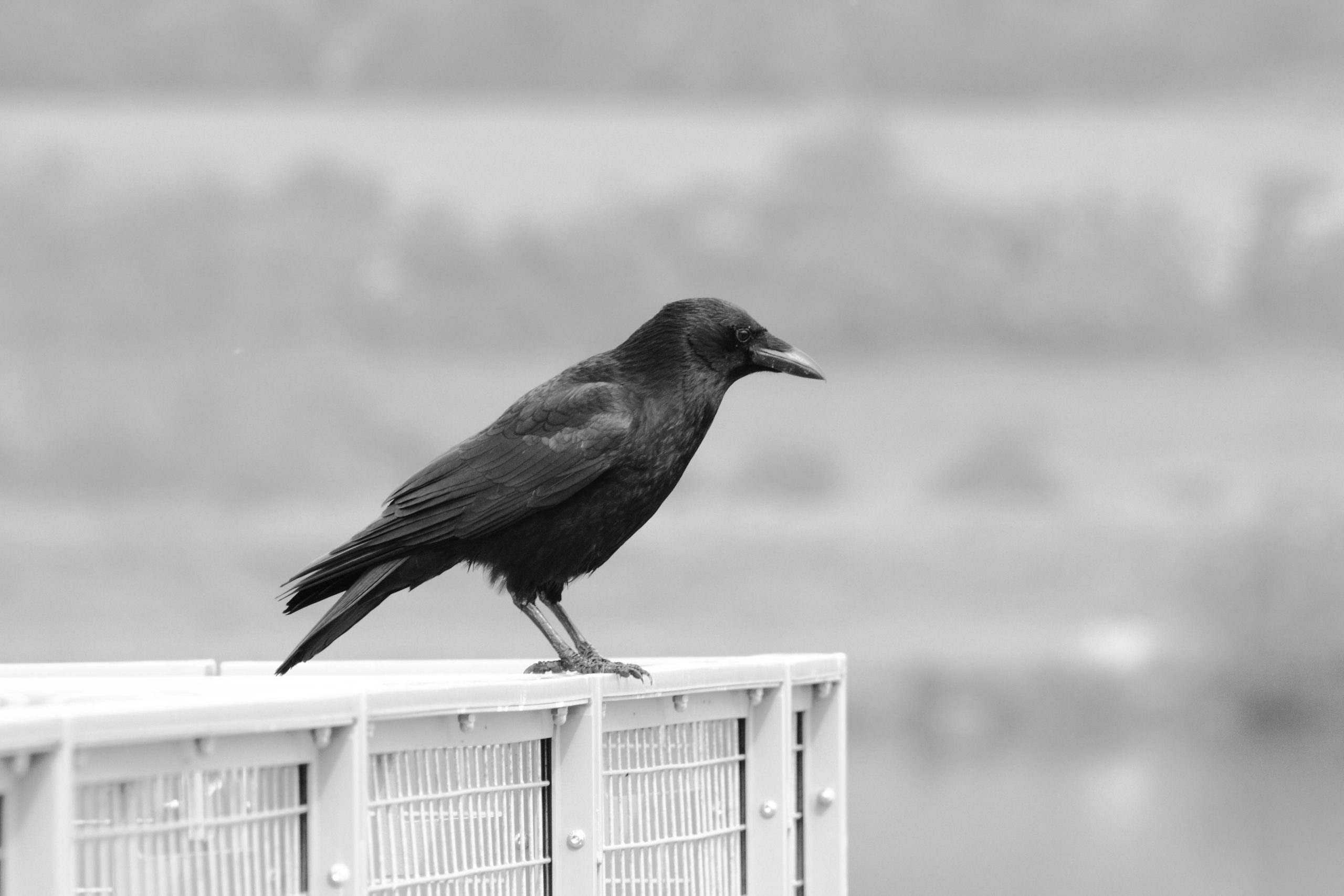
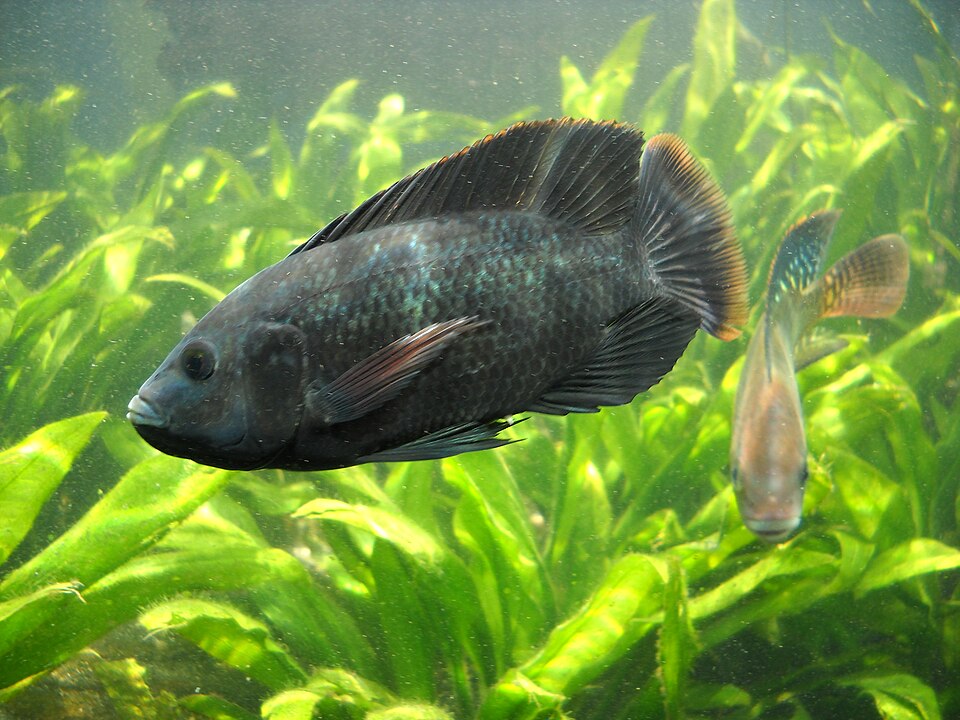
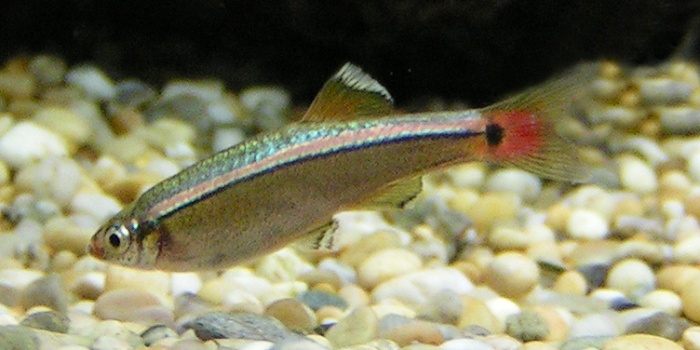
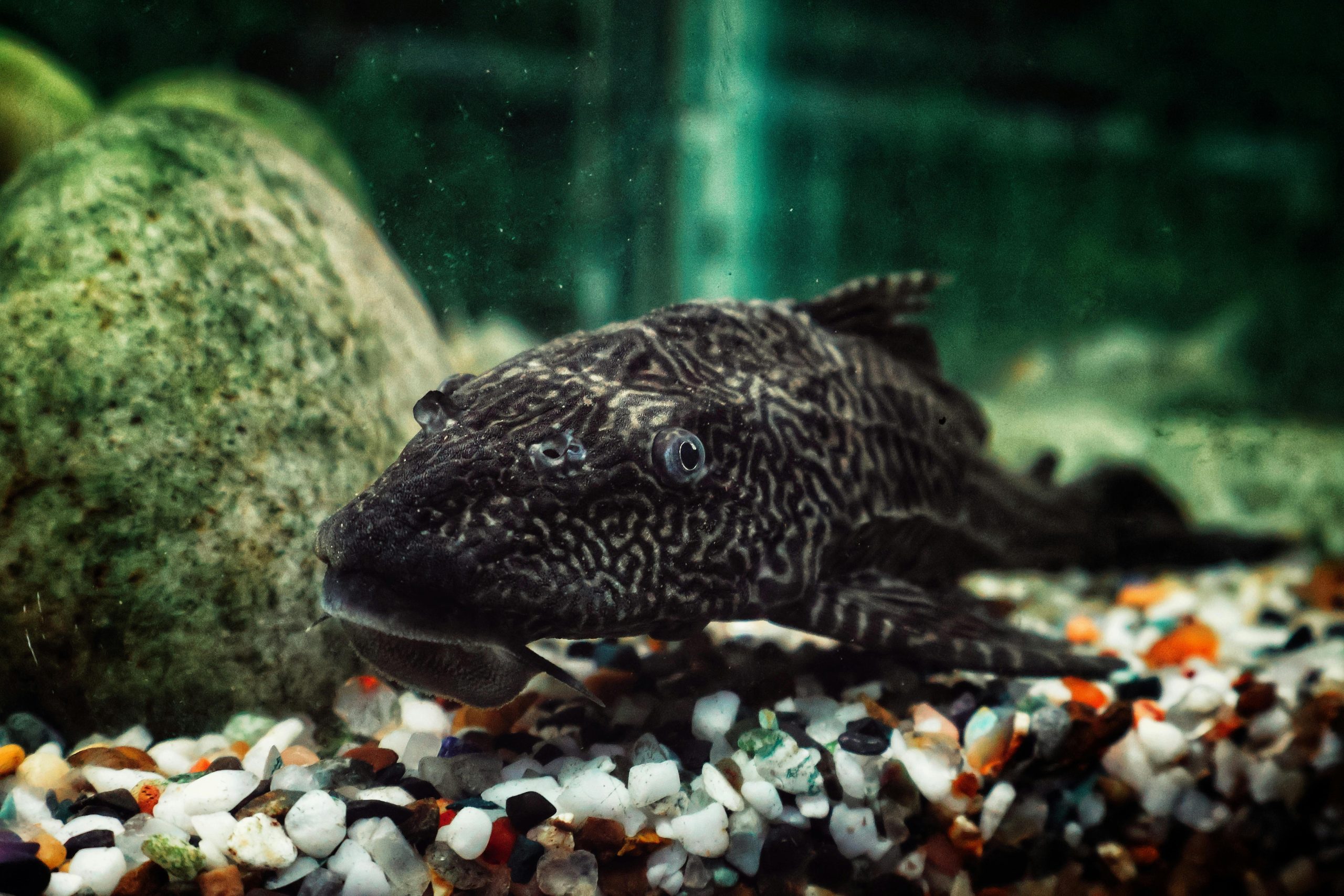
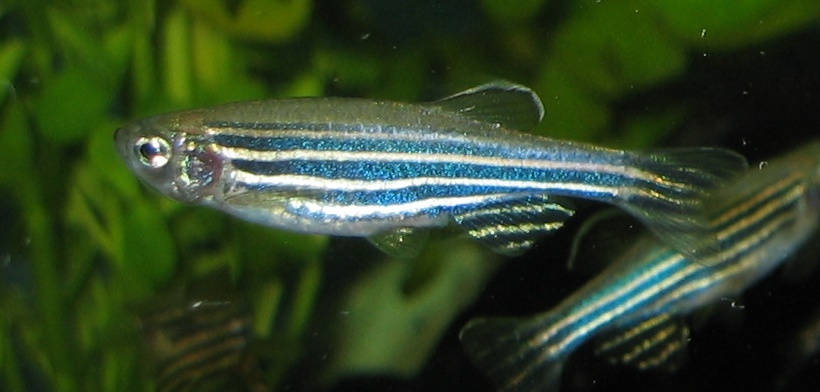
Leave a Reply